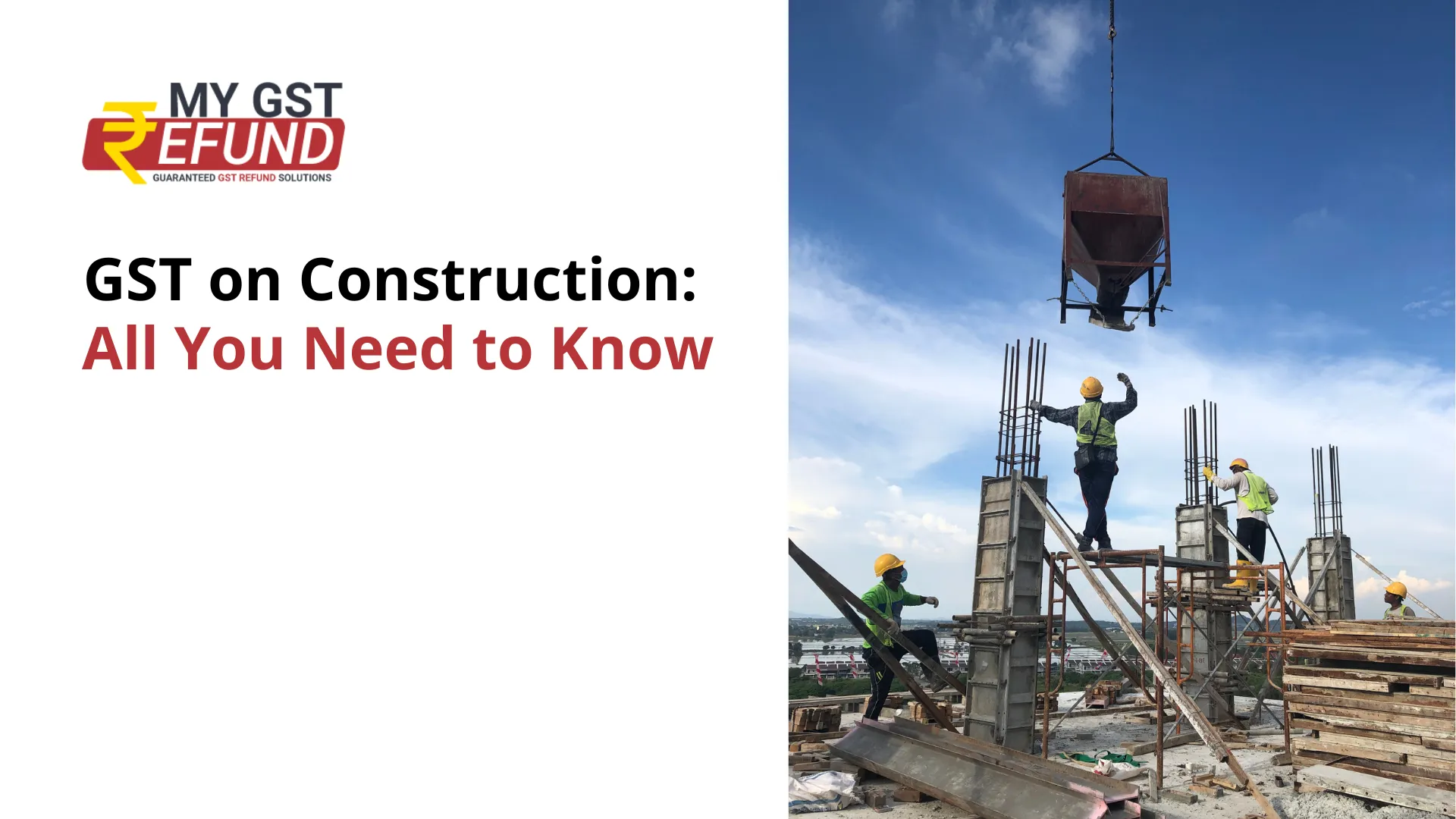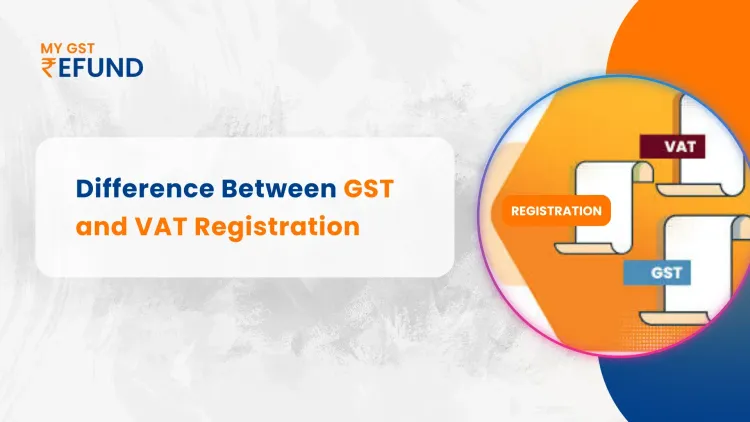The Goods and Services Tax (GST) has changed taxation systems in several countries, providing a thorough approach to indirect taxes. In the construction industry, GST has brought about significant changes, affecting how businesses manage finances. This article examines the impact of GST on the construction industry, highlighting both the challenges and opportunities that have arisen since its introduction.
Suitability of GST on Construction
1.GST applies to construction activities in India, whether it's private, commercial, or the construction of flats/societies intended for sale.
2.Properties under construction meant for sale are considered a service supply and thus subject to GST. Properties ready for sale do not attract GST; it's only payable on under-construction properties. The applicability of GST depends on factors like the type of construction, transaction nature, and the parties' status.
3.According to para (5b) of Schedule II of the CGST Act, supply of services includes constructing a complex, building, civil structure, or part of it for sale wholly or partly. If full payment is received after the completion certificate issuance, it's exempt from GST. In essence, GST applies only to under-construction properties.
Certain exemptions/concessions under GST for construction include:
1. GST on affordable housing projects is levied at a reduced rate of 1%. Affordable housing refers to residential properties with a carpet area up to 60 sq. metres in metro cities and up to 90 sq. metres in non-metro cities, valued at Rs. 45 lakhs or less.
2. GST doesn't apply to resale of properties, buying/selling apartments for residence, or buying/selling land.
3. Construction services under Pradhan Mantri Awas Yojna is GST exempt.
4. Single residential construction services are GST exempt when they hire services through labour contracts.
5. When the order valve of cement and other material exceeds 50,000 requires an E-Way bill.
Businesses providing construction services must issue invoices if registered under GST.
GST Rate and HSN Code for Construction Services
GST on Construction Material
Input Tax Credit in Construction
Except for plant and machinery, Input Tax Credit (ITC) cannot be claimed for works contract services used in constructing immovable property. Individuals eligible for ITC on works contracts must be involved in the same industry and use these services for ongoing works contracts. For self-constructed structures, ITC cannot be claimed on goods/services used for constructing immovable property (excluding plant or machinery), even if they are used for business purposes.
GST applies throughout the construction industry, including residential, commercial, and infrastructure projects. It is crucial to understand GST implications for real estate developers, contractors, and homebuyers:
- Real Estate Developers: GST applies to the sale of under-construction homes by developers. GST is levied on the construction service component, not the entire property value. Developers can claim ITC on GST paid for construction goods and services, with the tax rate varying by property type.
- Homebuyers: Purchasing under-construction properties requires payment of GST. The standard GST rate is 5% for residential properties and 1% for affordable housing (with carpet areas up to 60 sq. meters in metros and 90 sq. meters in non-metros). Homebuyers can benefit from ITC through the builder, reducing the total cost.
- Contractors: Contractors providing construction and related services must comply with GST regulations. They charge GST on their services and can claim ITC on taxes paid for construction goods and services used in projects. The general GST rate for construction services is 18%.
Impact on the Construction Industry:
- Transparency: GST improves the tax system in India because before GST there was multiple tax which caused evasion of tax. GST bring transparency.
- Input Tax Credit (ITC): Contractors and builders are now able to claim ITC benefit which help in reducing project cost.
- Standardization: GST rate is same everywhere in india.GST rate is set by central government and state government cant change it.
Challenges related to GST on Construction
High GST Rates: There is a high rate of GST on housing material like cement and other materials which makes it difficult to prepare a house.
Compliance Difficulty: GST introduction causes problems for small and medium sized builders because there is a need to keep a proper record of GST which is difficult for small and medium builders.
Cash Flow: Due to the upfront payment of GST and the following return process, builders and developers may suffer cash flow issues.
Conclusion
In summary, GST has brought substantial changes to India's construction industry, impacting project costs, compliance, and cash flow management. While it enhances transparency and standardizes tax rates, issues like high GST rates on materials and compliance complexities remain. Stakeholders must stay updated on GST regulations to effectively manage these challenges and capitalize on growth opportunities in this evolving sector.
Also Read : GST on Air Conditioners: Meaning, Benefits, and Impact
Related Posts








